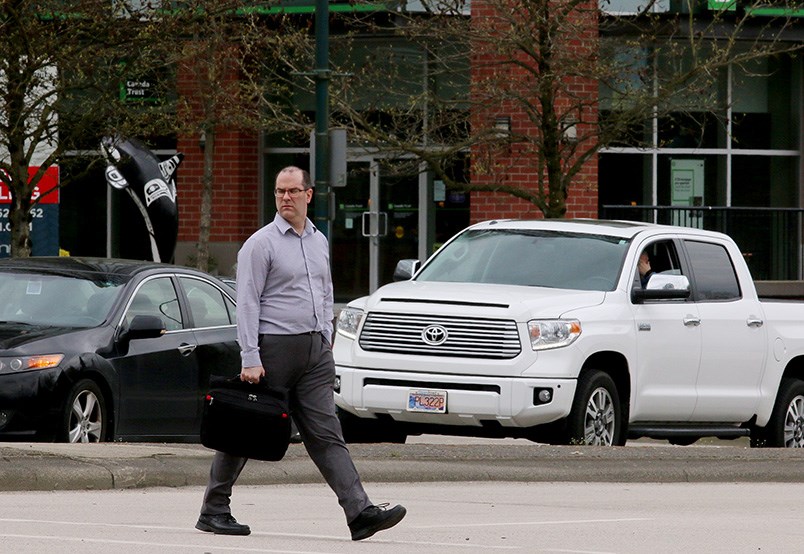Port Moody wants B.C. municipalities to have the ability to set their own speed limits for local streets.
At its meeting June 11, council voted to support a resolution that aligns with another resolution being forwarded by the city of Vancouver to the Union of BC Municipalities convention this fall that asks B.C.'s Ministry of Transportation to allow cities to set their own speed limits for local city streets rather than the provincially-mandated 50 km/h. That would mean cities could set a limit of 30 km/h on neighbourhood streets with no centre line.
Still, Coun. Hunter Madsen — who proposed the motion — said Port Moody may not want to go that far.
“I’ve been driving around Port Moody at 30 km/h and it is really, really slow,” he said, suggesting even a reduction to 40 km/h could save lives and create a better environment for pedestrians and cyclists.
In a report Madsen prepared for council, he said lower speed limits on local streets have traffic-calming benefits, discourage rat-running and can even save lives.
“A lot of studies have shown 30 km/h on local streets… your odds of a kid getting hit and surviving go up,” Madsen said, adding even a 40 km/h speed limit would have positive effects for safety and traffic.
Coun. Zoe Royer agreed. “I think the evidence we’re seeing is incredibly compelling,” she said, while cautioning that communities have to strike a balance between moving traffic and commerce through the city efficiently and keeping people — especially seniors and children — safe.
But Acting Mayor Meghan Lahti said giving municipalities the ability to set their own speed limits could create problems for transit.
A similar call to action was made in 2016 by provincial health officers in a road safety report that noted that 280 people are killed and another 9,000 are injured on B.C.’s public roads each year.



